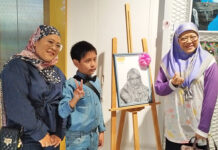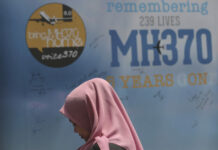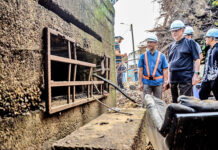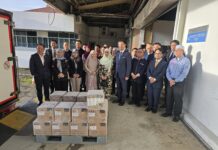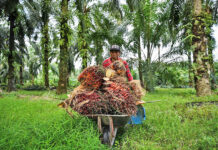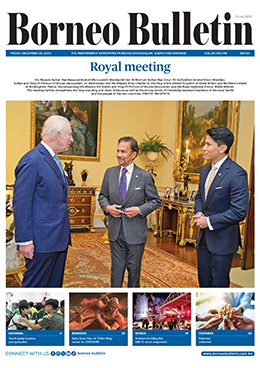MANILA (XINHUA) – Increasing investment in children’s early development will improve the well-being of all Filipinos and strengthen the country’s economic potential, according to a World Bank report released yesterday.
The report describes the importance of health, nutrition, education and social protection during the first decade of life, stressing the need to invest in these areas to boost human capital in the country. The Philippines, with a relatively young population, can harness its demographic dividend with adequate investment in human capital, said World Bank country director for Brunei, Malaysia, the Philippines and Thailand Ndiame Diop.
However, according to the World Bank’s Human Capital Index (HCI), the Philippines struggles in this regard.
The HCI measures the contribution of health and education to the productivity of the next generation of workers. Because of underinvestment in those key areas, Filipino children born today are projected to be only about half as productive when they reach adulthood as they could be.
The report finds several factors contributing to the productivity gap, including limited and unequal access to education and health services; low proficiency in foundational skills like reading, writing, numeracy, and problem-solving; pervasive poverty and inequality; and heightened vulnerability to natural disasters exacerbated by climate change.






